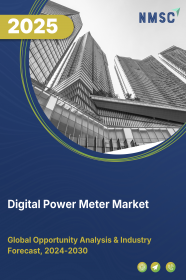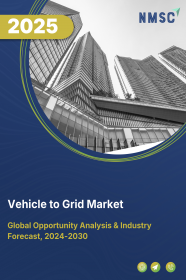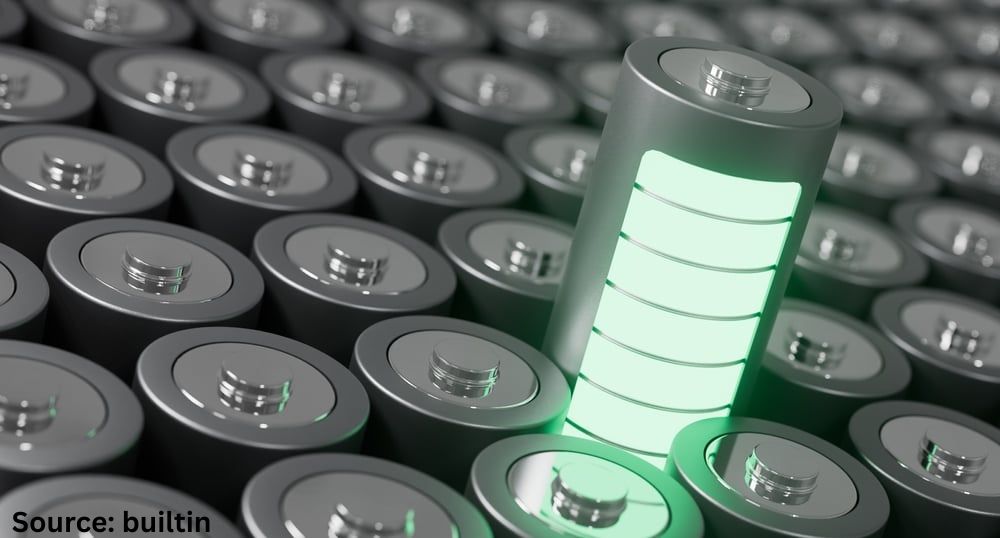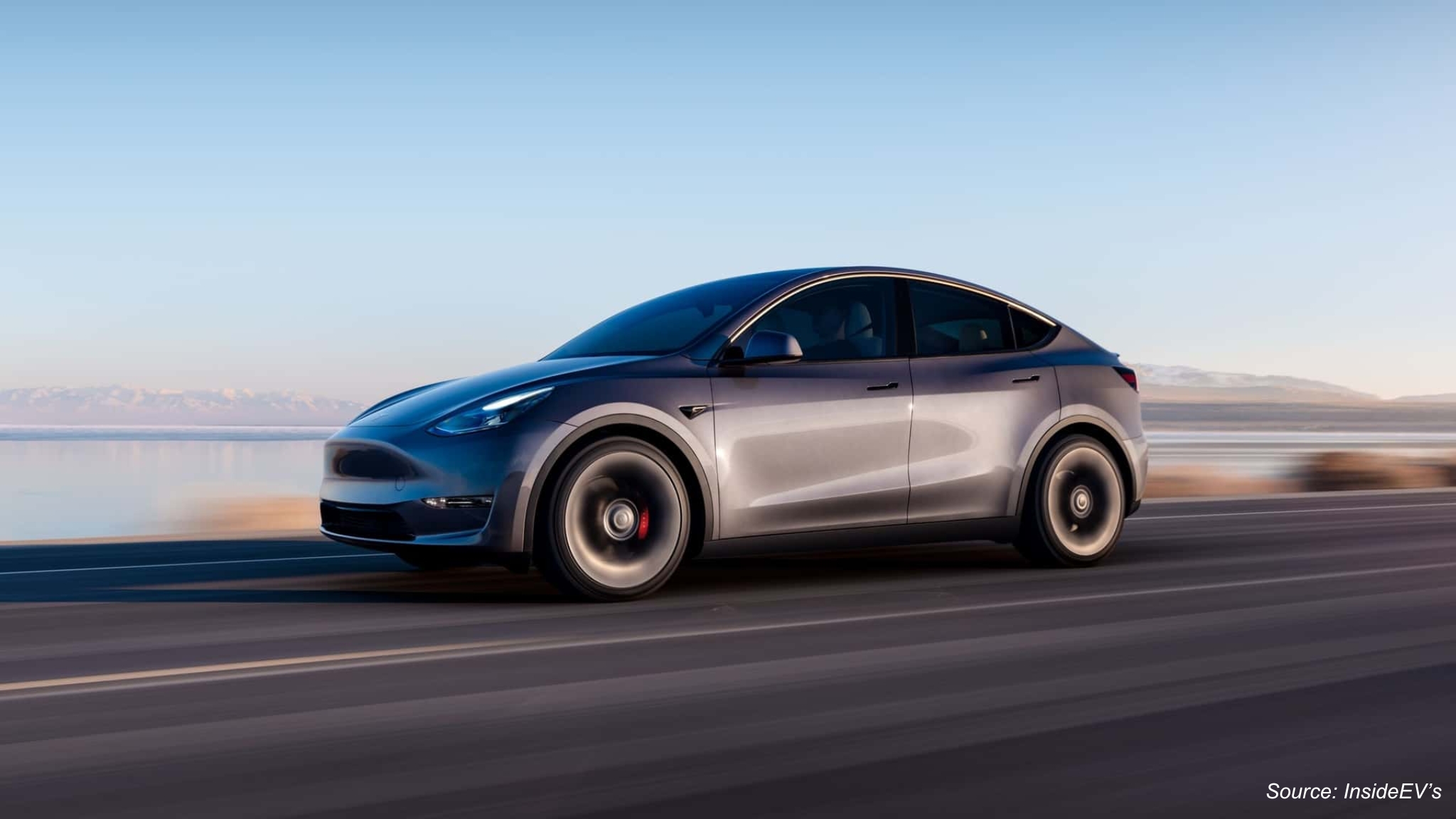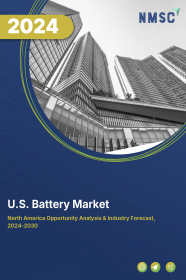
U.S. Battery Market by Type (Lead Acid, Lithium Ion, Nickel Metal Hydride, Nickel Cadmium, and Others), by Application (Residential, Industrial, and Commercial), and by Power Systems (Fuel Cell Batteries, Proton-Exchange Membrane Fuel Cells, Alkaline Fuel Cells, Phosphoric Acid Fuel Cells, Solid Oxide Fuel Cells, Molten Carbonate Fuel Cells, Air Cells, Flywheel Energy Storage, Nuclear Batteries) – Opportunity Analysis and Industry Forecast 2023-2030
Industry: Energy & Power | Publish Date: 03-Dec-2024 | No of Pages: 77 | No. of Tables: 55 | No. of Figures: 27 | Format: PDF | Report Code : EP695
Market Definition
U.S. Battery Market was valued at USD 29.44 billion in 2022, and is predicted to reach USD 85.70 billion by 2030, with a CAGR of 14.2% from 2023 to 2030.
A battery operates as a storage unit for retaining energy, which is subsequently discharged by converting chemical energy into electrical energy. This mechanism is accomplished by employing one or multiple electrochemical cells. Batteries play a crucial role in our everyday lives and can be categorized into primary and secondary types. Primary batteries, also referred to as non-rechargeable batteries, which provide a convenient and simple power source for various portable devices like cameras, watches, toys, radios, and lighting tools. On the other hand, secondary batteries, known as rechargeable batteries, have the ability to be recharged after being used up. This differentiation highlights the essential function that batteries fulfil in our contemporary lifestyles.
Fuelling EV Market Expansion and Technological Advancements in U.S.
The U.S. holds a large share of the battery market owing to high sales of EVs in the country. The automotive sector in the U.S. is expected to be one of the major segments for batteries, primarily lithium-ion batteries, in the coming years. High penetration of EVs in this country is anticipated to boost lithium-ion battery market growth. Several automakers, such as Ford, Tesla, Polaris, and General Motors, offer different vehicle types featuring increasing degrees of hybridization and electrification including hybrid electric vehicles (HEVs), plug-in hybrid electric vehicles, and EVs in the U.S. These vehicles mostly use lithium-ion batteries, which are also referred to as traction battery packs. They offer very high power to weight ratio that increases the energy efficiency of EVs.
Fostering Battery Market Expansion in the U.S. Through Government Incentives and Regulations
Certainly, the initiatives taken by the U.S. government, such as tax credits and emissions regulations, have played a significant role in boosting the growth of the battery market in the country. These actions have not only supported the adoption of clean and renewable energy technologies but have also fostered innovation, investment, and competitiveness in the battery industry. For instance, in June 2021, the United States Department of Energy (DOE) announced funding of USD 200 million over the next 5 years for electric vehicles and batteries along with connected vehicle projects at DOE national labs and partnerships to support innovations in EVs.
Safety Issues Related to Battery Usage in U.S
The utilization of batteries carries various potential hazards for both human well-being and the environment if not managed cautiously. Often, depleted or spent batteries are disposed of as waste, finding their way into landfills where they degrade and release harmful substances. Over time, these batteries corrode, releasing their chemical components into the soil, subsequently polluting groundwater and surface water. Consequently, this contamination negatively impacts our ecosystem, affecting numerous aquatic plants and animals that are exposed to detrimental battery chemicals like mercury, cadmium, lithium, and lead. As a result, these concerns are likely to impede the expansion of the battery market.
Introduction of Nano-Diamond Batteries (NDB) in Multiple Industries
The increasing use of NDBs in numerous industries such as automotive, aerospace, and electronics is expected to open up new opportunities for the battery market in U.S. NDB is a revolutionary energy generation and storage system that redefines and revolutionizes the battery. NDBs have long-lasting qualities due to the conversion of radioactive decay energy from nuclear waste into energy. One of the primary aspects driving development potential in the battery market is the attractive properties of NDB, such as compactness, modularity, cost-effectiveness, and scalability from chipset to industrial applications. NDB is a high-power, diamond-based alpha, beta, and neutron voltaic battery that can supply everlasting green energy for a variety of applications while outperforming existing chemical batteries.
Competitive Landscape
The U.S. battery industry includes several market players such as LG Chem Ltd., CATL, Samsung SDI Co. Ltd., BYD, SKI, ENVISION AESC GROUP LTD., Gotion High tech Co Ltd, Primearth EV Energy Co., Ltd., China Aviation Lithium Battery Co., Ltd., Panasonic Corporation.
Key Benefits
-
The U.S. battery market report provides a quantitative analysis of the current market and estimations through 2023-2030 that assists in identifying the prevailing market opportunities to capitalize on.
-
The study comprises a deep dive analysis of the market trend including the current and future trends for depicting the prevalent investment pockets in the market.
-
The information related to key drivers, restraints, and opportunities and their impact on the market is provided in the report.
-
The competitive analysis of the market players along with their market share in the U.S.battery market.
-
The SWOT analysis and Porter’s Five Forces model are elaborated in the study.
-
Value chain analysis in the market study provides a clear picture of the stakeholders’ roles.
U.S. Battery Market Key Segments
By Type
-
Lead Acid
-
Stationary
-
Motive
-
-
Lithium Ion
-
Lithium Nickel Manganese Cobalt (LI-NMC)
-
Lithium Iron Phosphate (LFP)
-
Lithium Cobalt Oxide (LCO)
-
Lithium Titanate Oxide (LTO)
-
Lithium Manganese Oxide (LMO)
-
Lithium Nickel Cobalt Aluminum Oxide (NCA)
-
-
Nickel Metal Hydride
-
Nickel Cadmium
-
Others
By Application
-
Residential
-
Industrial
-
Manufacturing & Construction
-
Automotive
-
Medical
-
Telecom & IT
-
Consumer Electronics
-
Power & Utility
-
Aerospace
-
Marine
-
Others
-
-
Commercial
By Power Systems
-
Fuel Cell batteries
-
Proton-Exchange Membrane Fuel Cells
-
Alkaline Fuel Cells
-
Phosphoric Acid Fuel Cells
-
Solid Oxide Fuel Cells
-
Molten Carbonate Fuel Cells
-
Air Cells
-
Flywheel Energy Storage
-
Nuclear Batteries
Key Market Players
-
LG Chem Ltd.
-
CATL
-
Samsung SDI Co. Ltd.
-
BYD
-
SKI
-
ENVISION AESC GROUP LTD.
-
Gotion High tech Co Ltd
-
Primearth EV Energy Co., Ltd.
-
China Aviation Lithium Battery Co., Ltd.
-
Panasonic Corporation
REPORT SCOPE AND SEGMENTATION:
|
Parameters |
Details |
|
Market Size in 2022 |
USD 29.44 billion |
|
Revenue Forecast in 2030 |
USD 85.70 billion |
|
Growth Rate |
CAGR of 14.2% from 2023 to 2030 |
|
Analysis Period |
2022–2030 |
|
Base Year Considered |
2022 |
|
Forecast Period |
2023–2030 |
|
Market Size Estimation |
Billion (USD) |
|
Growth Factors |
The growing government incentives The adoption of hybrid vehicles |
|
Companies Profiled |
10 |
|
Market Share |
Available for 10 companies |
|
Customization Scope |
Free customization (equivalent up to 80 working hours of analysts) after purchase. Addition or alteration to country, regional, and segment scope. |
|
Pricing and Purchase Options |
Avail customized purchase options to meet your exact research needs. |

















 Speak to Our Analyst
Speak to Our Analyst




